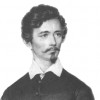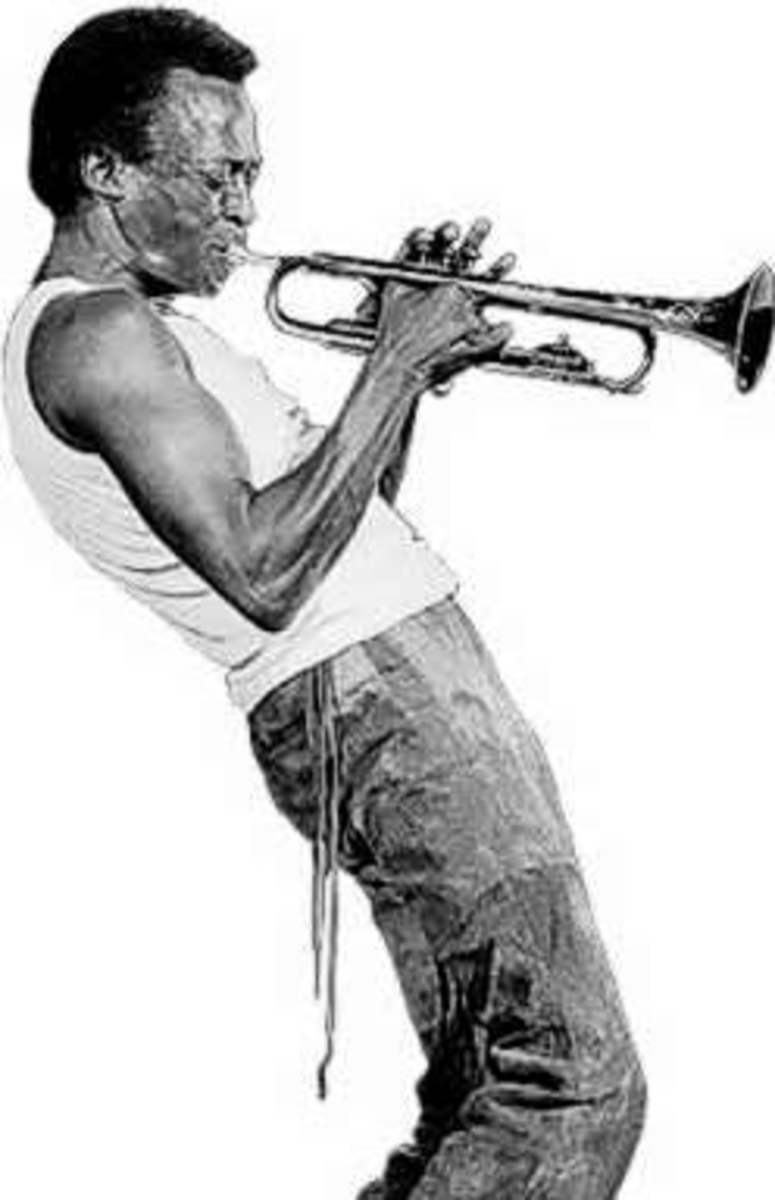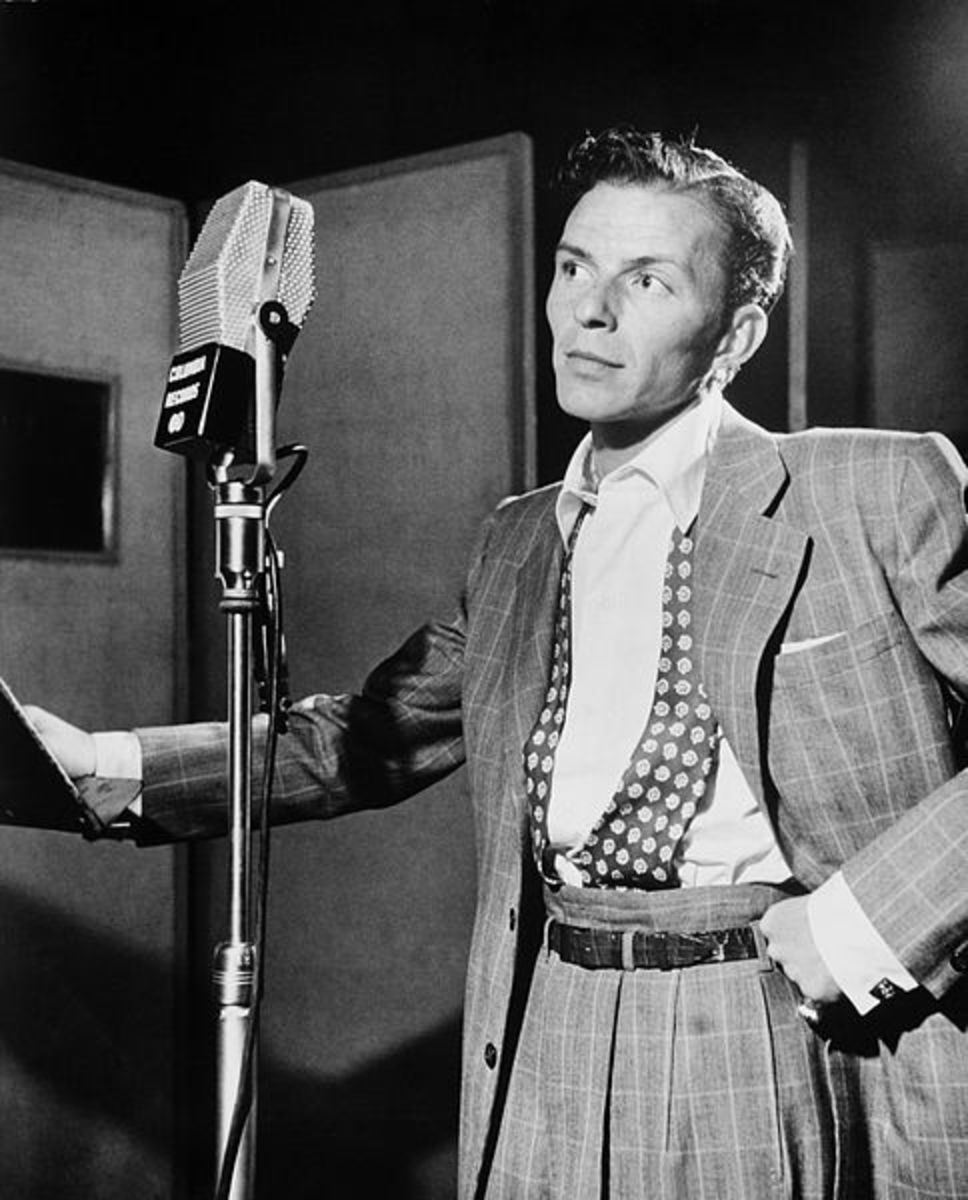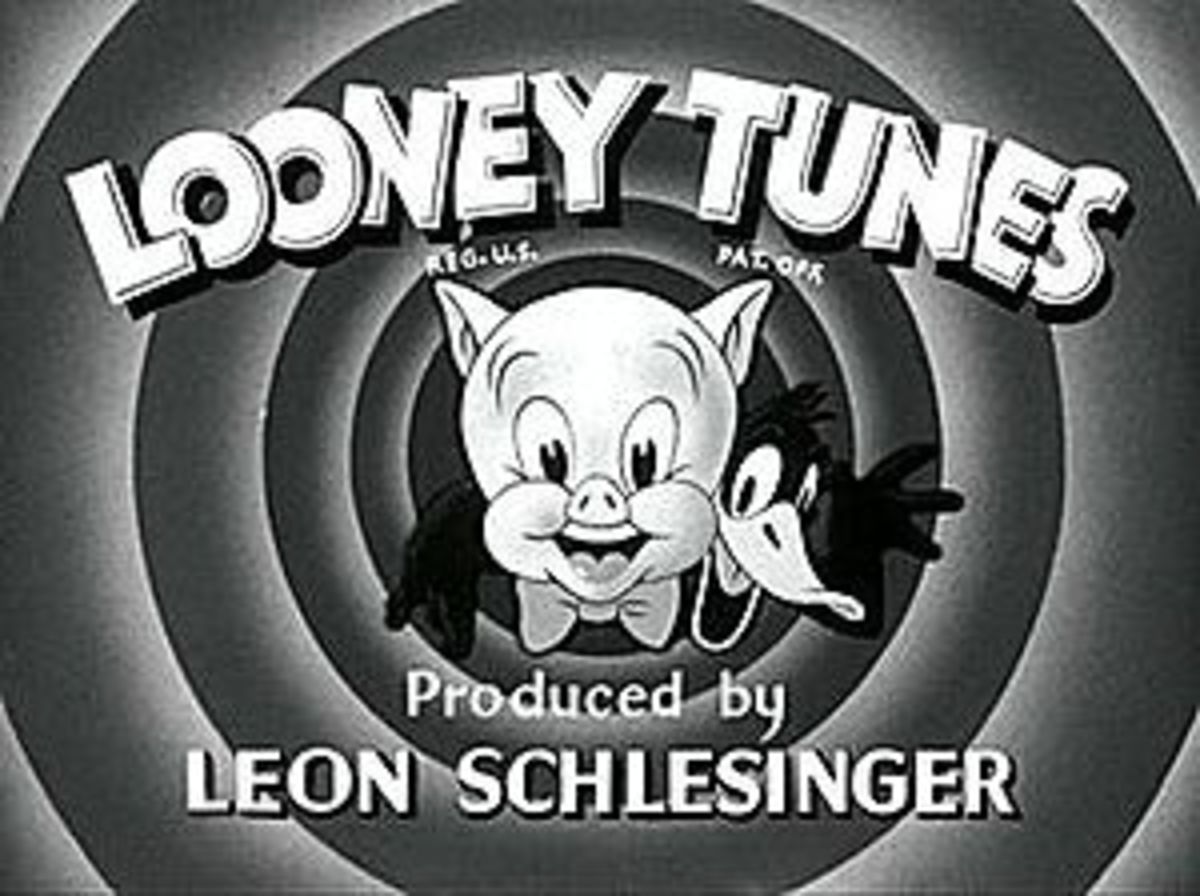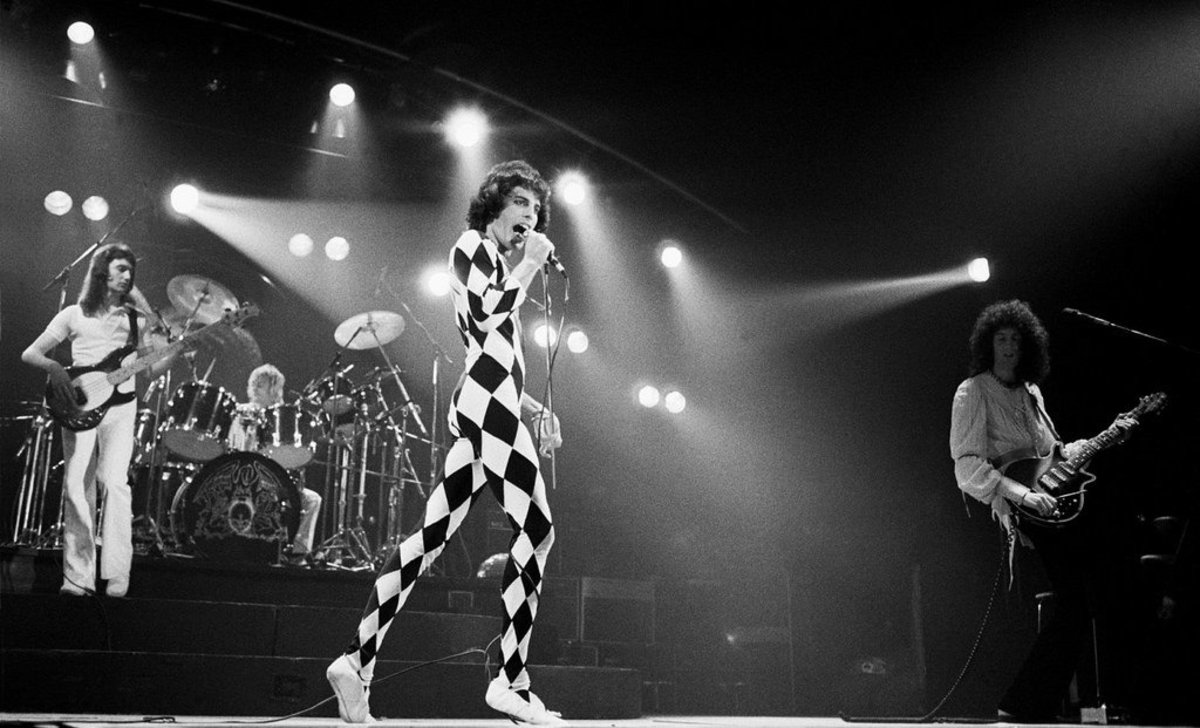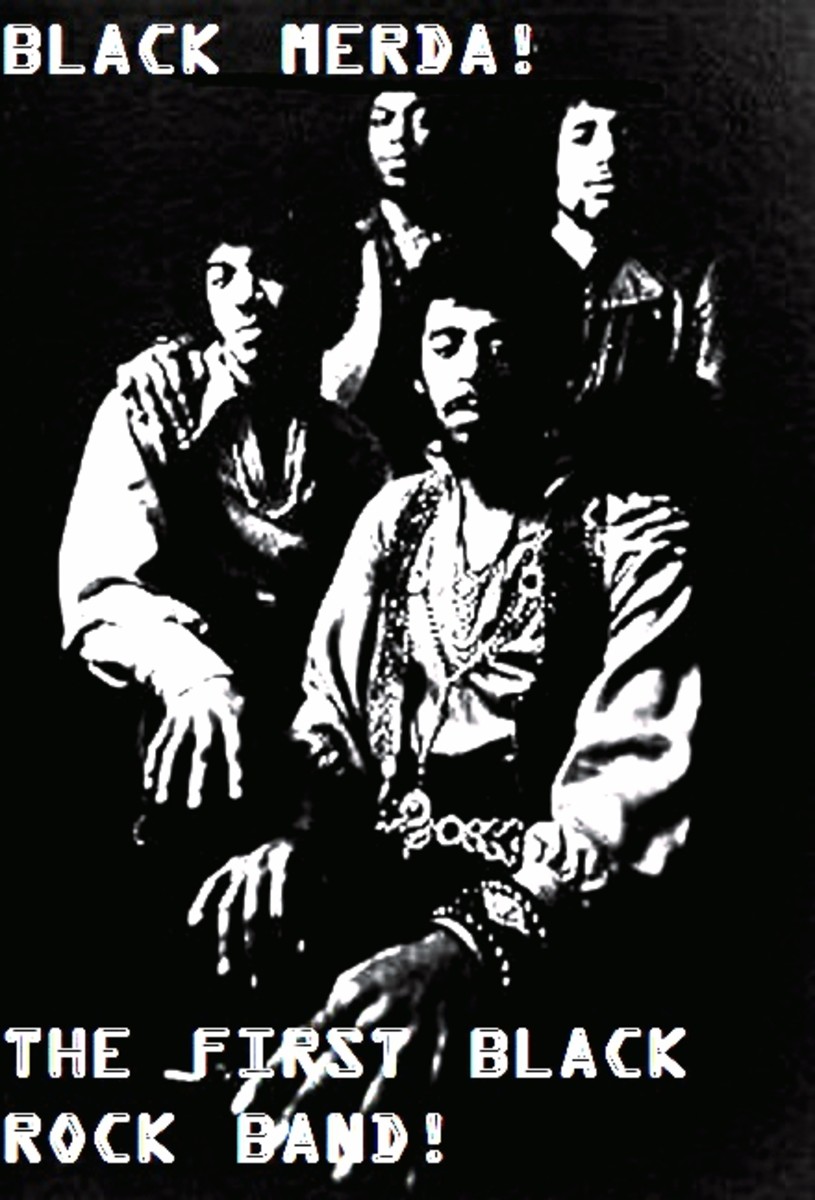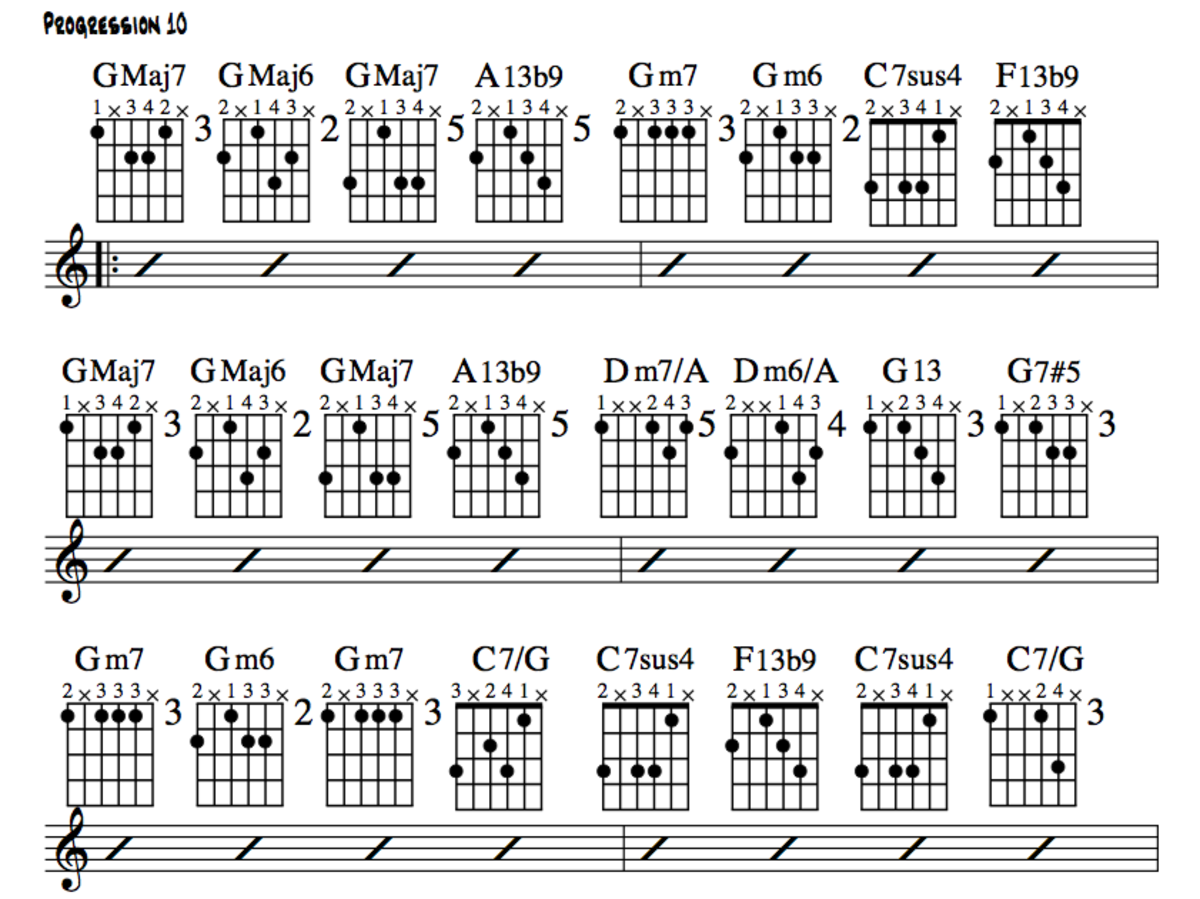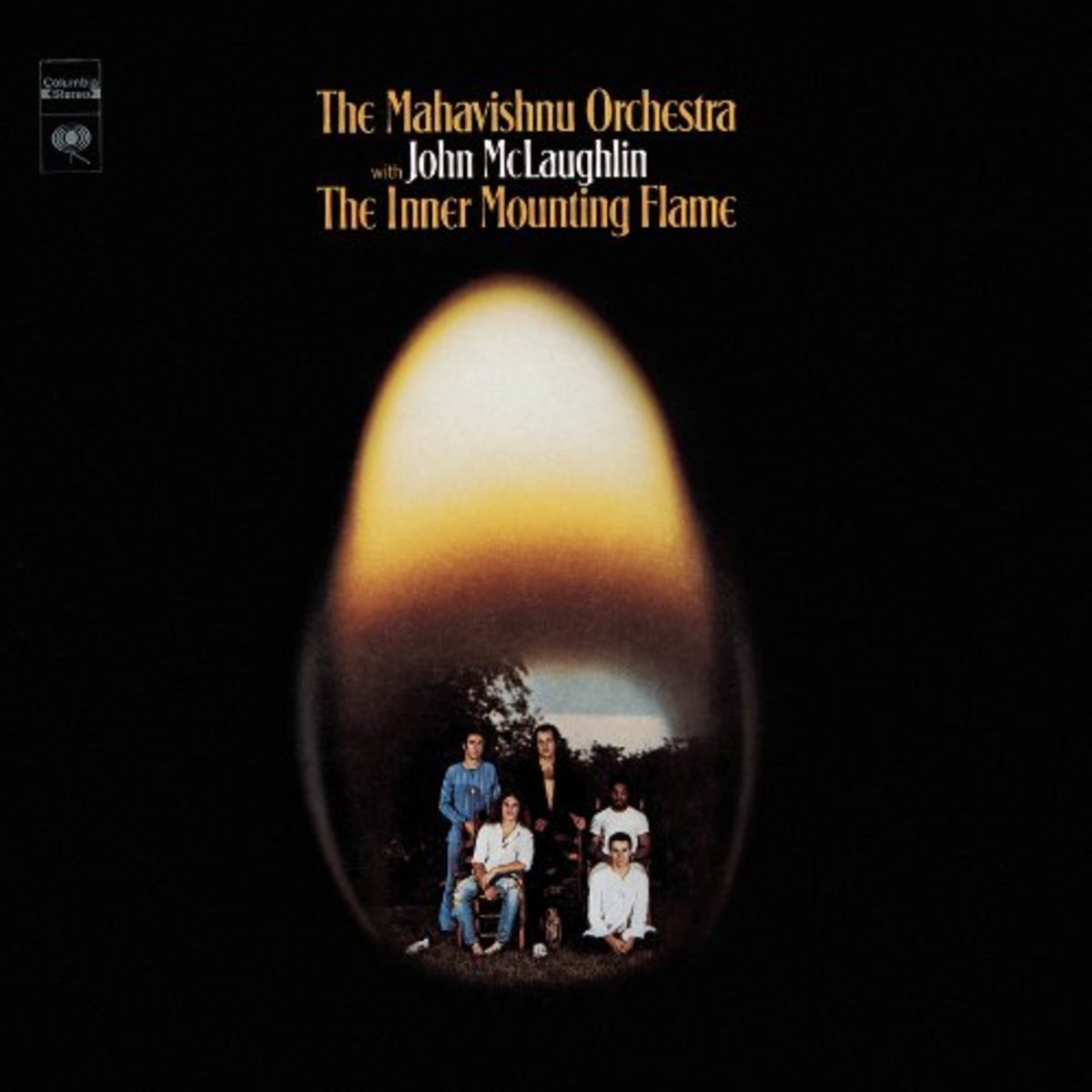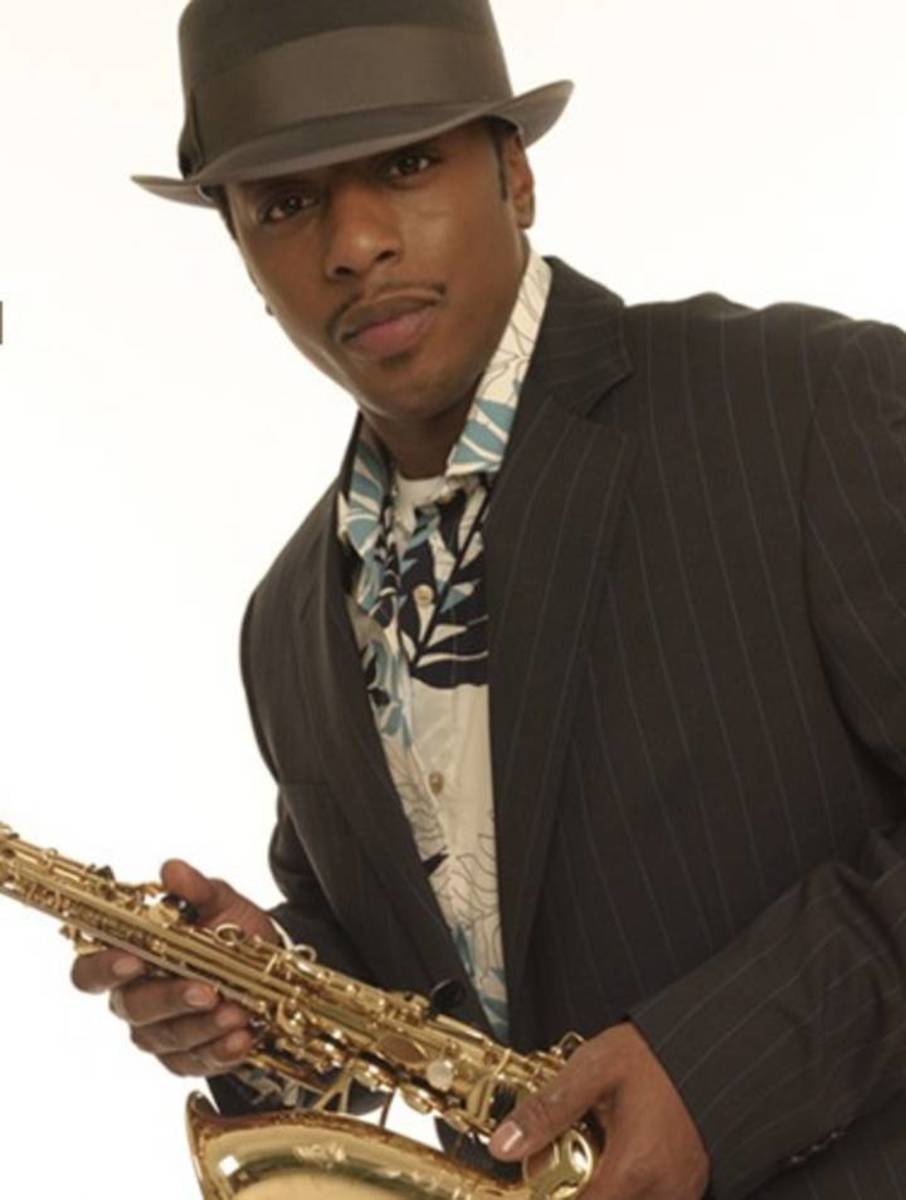Jazz Legends - Bunny Berigan
Bunny Berigan
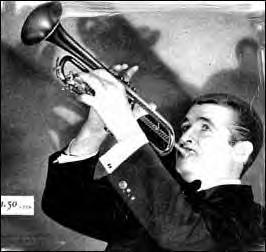
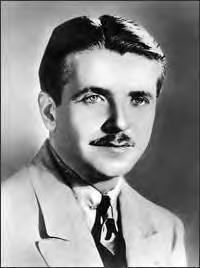
==================
Bunny Berigan
==================
He came on the scene just as the swing era was beginning. His trumpet solos on "King Porter Stomp" and "Sometimes I’m Happy" helped make Benny Goodman’s band a success and he did much the same thing for Tommy Dorsey with his solos on "Song of India" and "Marie".
----------------------------
But it was a recording that he made under his own name in 1937 that insured that he would go down in history as one of the greatest jazz trumpet players of all time. His recording of "I Can’t Get Started" was an instant hit and was one of the original eight songs inducted into the National Academy of Recording Arts and Sciences Hall of Fame.
----------------------------
But first, let me present one of his recordings that I particularly like. It is "Caravan" which he recorded in 1937 and which has him playing the trumpet in the lower register.
==================
Bunny Berrigan - Caravan - 1937
============================
Bunny Berigan was only sixteen when Bix Beiderbecke made his first recordings with the Wolverines in 1924 but he must have heard them and been impressed, because he recorded many of them himself including Bix’s own compositions, "In a Mist", "In the Dark", "Flashes" and "Candlelights". My favorite is Bunny Berigan’s recording of Bix’s "Davenport Blues" which follows.
============================
==================================
Roland, Bernard (Bunny) Berigan was born in Hilbert, Wisconsin, in 1908 although he grew up in Fox Lake. He learned to play the trumpet early and by age twelve, he was playing in a youth band. In 1928, at age 19, he auditioned for Hal Kemp’s band and was rejected. By 1930, however, he joined the band for their European tour. Upon returning, he played with various house bands and with pit orchestras on Broadway.
------------------------------
From 1930 to 1935 he played with Fred Rich, Abe Lyman and the Paul Whiteman orchestra. After that, he played with Benny Goodman and Tommy Dorsey before he finally put together his own orchestra in 1937. The greatest difficulty in selecting which Berigan recordings to include is because he made so many of them and they all sounded great. I decided to include his 1937 recording of "The Prisoner Song" because it shows how a big band can also play "hot" music
===============================
The Prisoner's Song 1937
==================================
Unfortunately, Bunny Berigan, wasn’t a good businessman and by 1940 he was bankrupt and had to break up his band. He rejoined Tommy Dorsey’s band but couldn’t stop drinking. On June 2, 1942, Bunny Berigan died at the Polyclinic Hospital in New York of the same disease that claimed Bix Beiderbecke –alcoholism.
-------------------------------------
When Louis Armstrong was asked about Bunny’s playing, he said "Bunny is just a fearsome trumpet player. He fears nothing, he does anything he can think of doing, and it just comes out. There is no one that ever played like Bunny Berigan and they never will."
-------------------------------------
"I Can’t Get Started" was written by Ira Gershwin and Vernon Duke for the Ziegfeld Follies of 1936. Bunny Berigan’s 1937 recording became the standard for all big band soloists who followed him. It is No. 22 on the 100 most recorded songs written between 1890 and 1954.
-------------------------------------
His vocal has been recorded by Bing Crosby, Billie Holiday, Nat King Cole, Ella Fitzgerald, Frank Sinatra and Tony Bennett. His trumpet solo has been copied but never equaled by such jazz greats as Roy Eldridge, Lester Young, Charlie Parker, Charles Mingus, Dizzy Gillespie and Stan Getz.
,What follows are three different versions of "I Can’t Get Started". The first one is sung by Billy Holiday accompanied by Lester Young. The second version is by Al Hirt and the final version is the Bunny Berigan classic from 1937.
=========================================
I Can't Get Started with Billie Holiday and Lester Young
Al Hirt - I can't Get Started in 1963
I Can't Get Started - Bunny Berrigan
More Jazz Legends by rjsadowski
- Bix Beiderbecke - America's First, Great, White Jazz...
A contemporary of Louis Armstrong, Bix Beiderbecke was America's first, great, white, jazz legend. Already famous in his early 20s and dead at the ripe old age of 28, his music changed the course of jazz forever so that even today there are websites - Jazz Legends - Louis Armstrong
Louis Armstrong was one of the creative geniuses of early jazz. His style of trumpet playing influenced an entire generation of musicians both white and black. A desciple of King Oliver, his hot five and hot seven recordings in the 1920s, took trumpe - Jazz Legends - The Original Dixieland Jazz Band
They weren't the first band to play jazz and they weren't the best band, but they were the first ones to record it in 1917. Music which was played mostly in New Orleans and Chicago, suddenly became available to everyone. Livery Stable Blues was their
